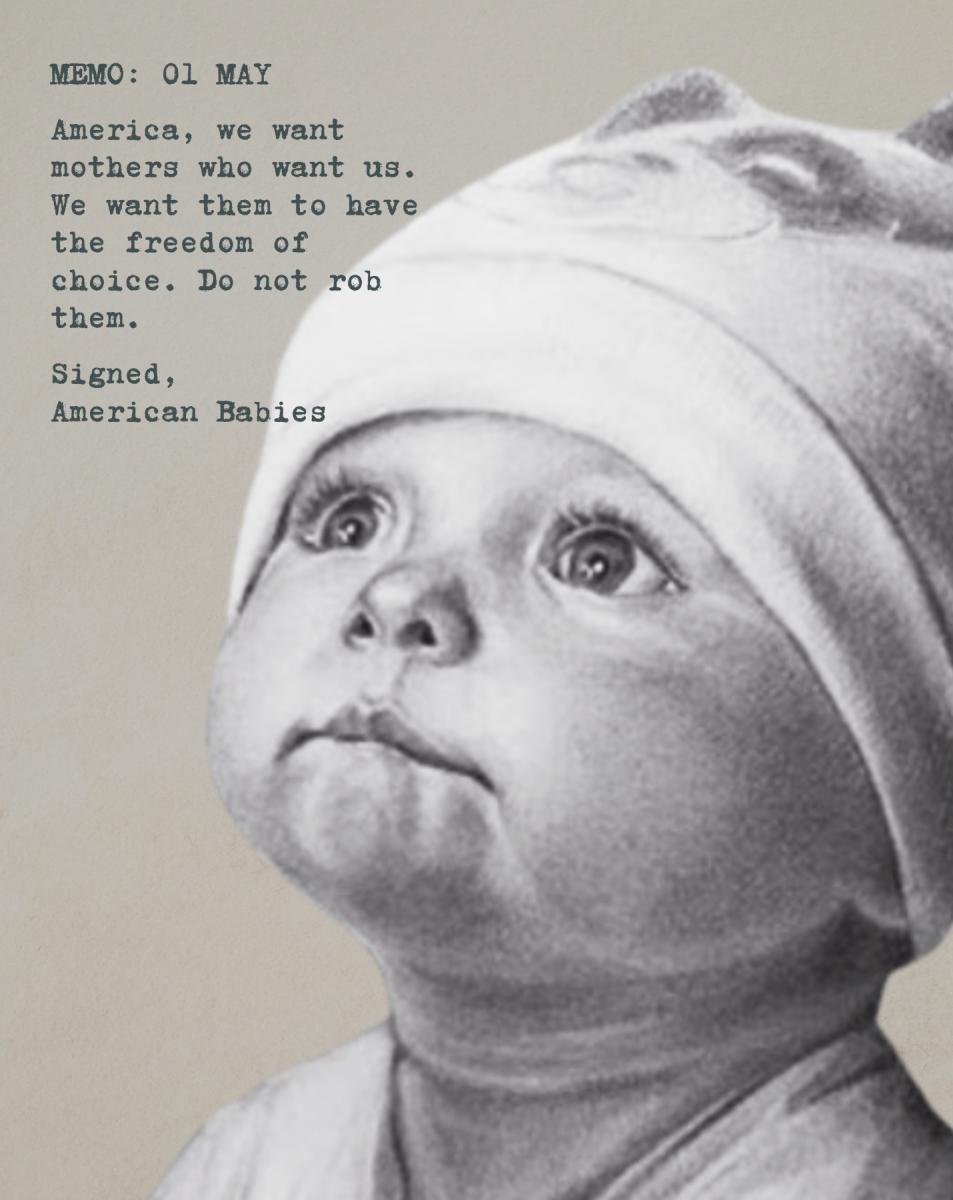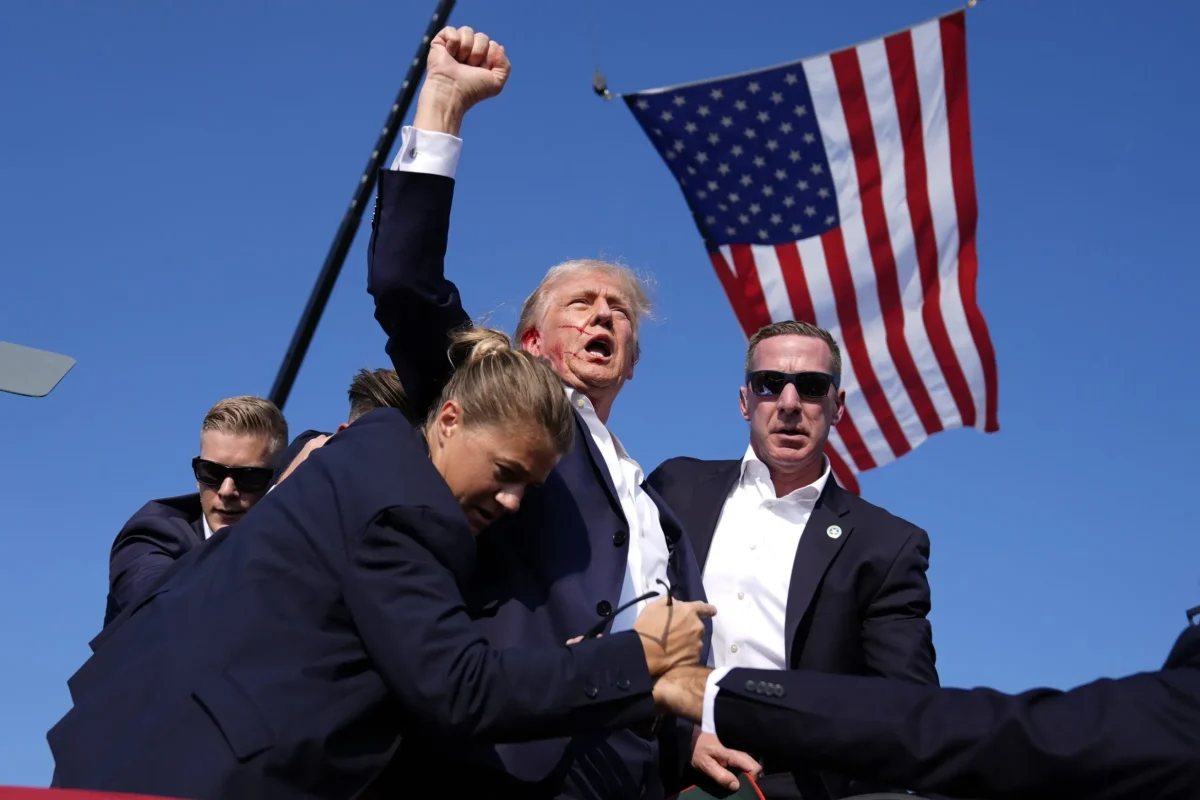Secrets, secrets are no fun, but do secret, secrets always hurt someone? Julian Assange would certainly agree so. Starting November 28, the champion of government transparency dumped hundreds of thousands of diplomatic documents and cables on his revolutionary website WikiLeaks. Though this not the first time that WikiLeaks has published a massive wave of secret documents, some of the startling revelations have sparked outrage and raised questions about the way governments, the government of the United States in particular, function. Within the next few days, the public soon found out that Secretary of State Hillary Clinton sent orders for diplomats to spy on prominent members of the UN. Iran found out that supposedly friendly Arab nations had sent requests for the US to bomb Iranian nuclear facilities. And, President Karzai of Afghanistan found out that US diplomats were calling him “weak and easily swayed” behind his back.
Unsurprisingly, the release of these government secrets has created international contriversy. At the center of the uproar stands Assange, both the mastermind and the target of much of the criticism, with many questioning the legitimacy of his role.
“He could be considered a political actor. I think he’s an anarchist, but he’s not a journalist,” said a representative of the State Department, P.J. Crowley.
Assange believes that he campaigns for a noble cause. Few can deny that there must be more open communication between the government and the governed. However, how Wikileaks approaches government transparency sets a harmful example.
Indiscriminately throwing government documents into the public consciousness without providing any sort of context creates unnecessary scandal. Small side comments made about the personal lives of country leaders would not normally be exceptionally important. But under the harsh light of shock and controversy, insignificant things take the spotlight. Without a context, every revelation becomes an embarrassment to the United States.
Despite Assange’s statements to the contrary, these cables do not actually reveal an American government that habitually lies to its citizens. WikiLeaks is not this century’s Pentagon Papers. The only thing that the leaks have truly shown is that the number of government secrets have both increased and decreased. Over the years, the amount of documents that have been marked “confidential” has increased exponentially, but so has the amount of people with access to them.
In order to survive in an emerging age of mass digital communication, the United States needs cut down on information. The fact that Libyan leader Muammar al-Gaddafi brings a group of four blonde Ukrainian nurses with him everywhere hardly influences international relations in any way. Neither do side comments on the personal partying habits of Italy’s prime minister Silvio Berlusconi. In fact, one could question whether these reports really need to be recorded and processed by the government.
There is no reason why Julian Assange should be a revolutionary figure. If the United States reduced unnecessary documents and the number of people privy to government secrets, it would prevent opportunists like him from creating chaos and disorder.





